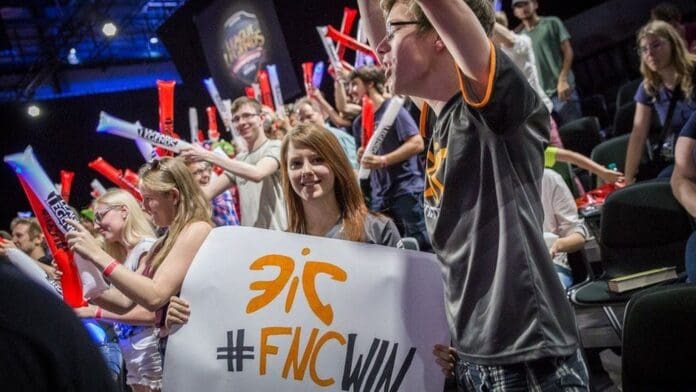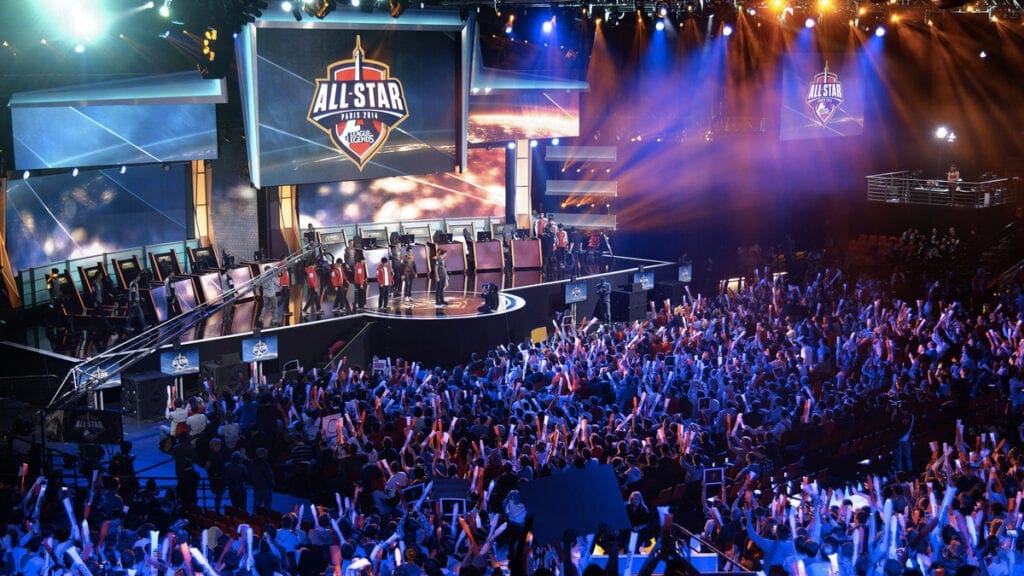Boosting will be a punishable offense. And could land you in jail along with a bounty of $18,000 proposes the South Korean government. Inven, a Korean news website reports.
Under the proposed amendment, professional boosters could face up to two years in prison or a fine of up to 20 million KRW or about $20,000. Under the current law in South Korea, cease and desists could be sent to companies offering these services and bans could be sent out to users from Blizzard or Riot, but there was no way to directly punish them. The amendment would fill that same purpose as it did for game hacks and private servers as a deterrent to both those that boost as a hobby or professionally.
“To give an example on why boosting is so bad, it’s like taking a test but instead of you answering the questions, you pay someone else to take the test for you”, Lee Dong Sub said via a Reddit translation. “There are three cancers that are plaguing the gaming industry and esports: illegal hacks, illegal private servers, and professional boosters. I have already passed a law making hacks and private servers punishable by law, and it is going into effect by the end of this month. It is now time for boosting’s turn. With this amendment, I will protect the gaming industry and the esports scene.”
League of Legends ALL Stars 2014
The law would be an amendment to the Game Industry Promotion Act, and would actively punish “professional surrogate players,” or boosters. The law makes no mention of punishing those buying the boost, but this is still great news for the integrity of competitive games.
Riot Games and the Korea e-Sports Association have both taken a special interest in stopping boosting, but neither can do much more than request boosting companies be taken down and ban individual players when caught. On few occasions, Riot has even sued to boost companies in civil court—but it’s an expensive and lengthy process. Now, however, it will be considered an illegal act by the South Korean government, and that is much more powerful.
Boosting has been a somewhat common occurrence in esports as skilled players attempt to supplement their income, which has led to competitive bans in the past. That’s not even mentioning the hundreds of websites who offer this service to either boost through competitive ranks, or power-level your characters in MMOs like World of Warcraft.
Speaking of boosters, some South Korean high ELO players might have to find new careers or at least move their business to other countries where ELO boosting is not outlawed on the national level. China and North America, as well as Europe, could see an increase in boosting services offered with the price dropping due to the increasing supply if this proposed law passes. A great many boosters might be unwilling to move to the other side of the world or China to keep their current gig going, however. After all, South Koreans aren‘t known to be especially comfortable in foreign countries, China somewhat excluded.
The bill hasn’t been passed yet. But if it does pass, South Korea will be leading the way in the fight against boosting.





